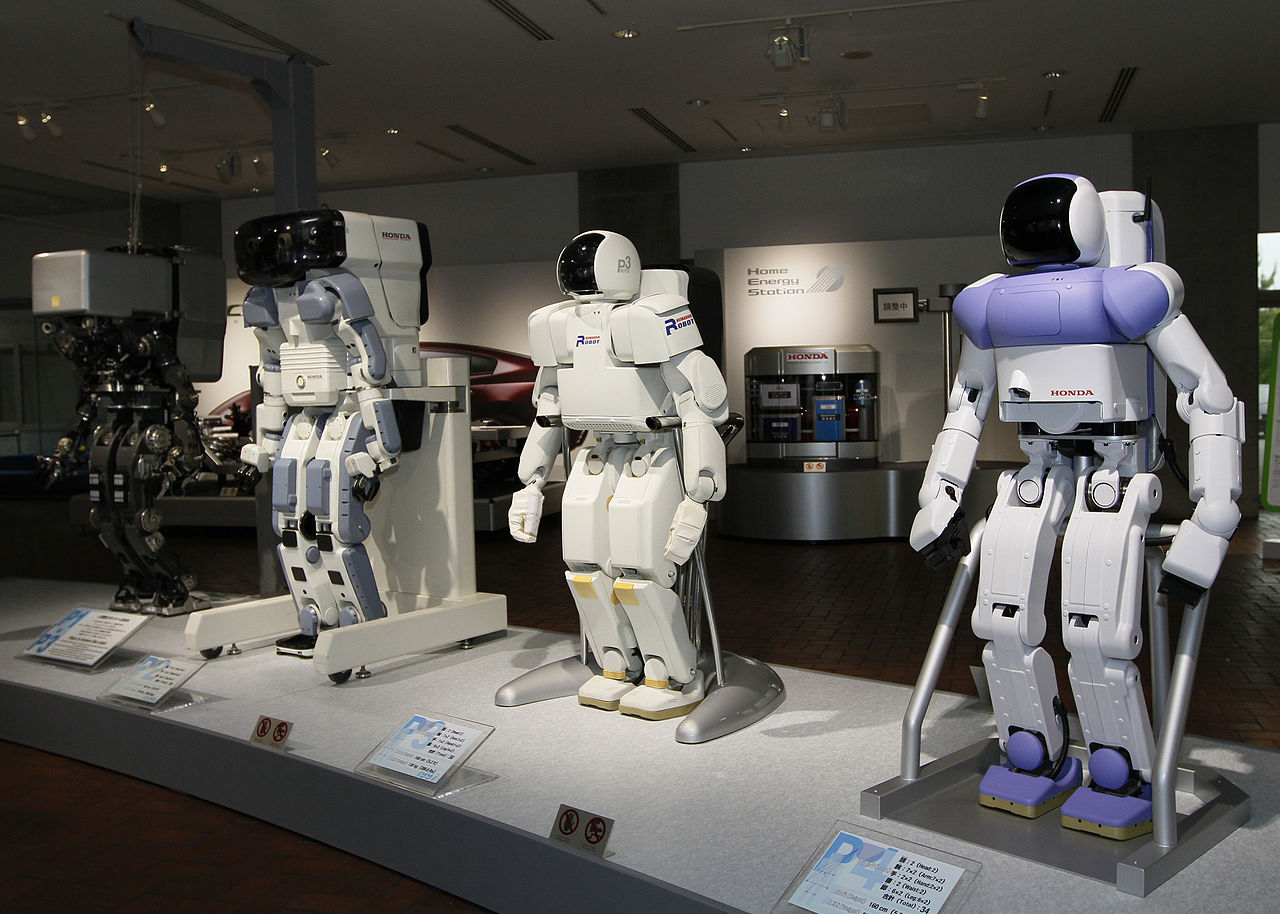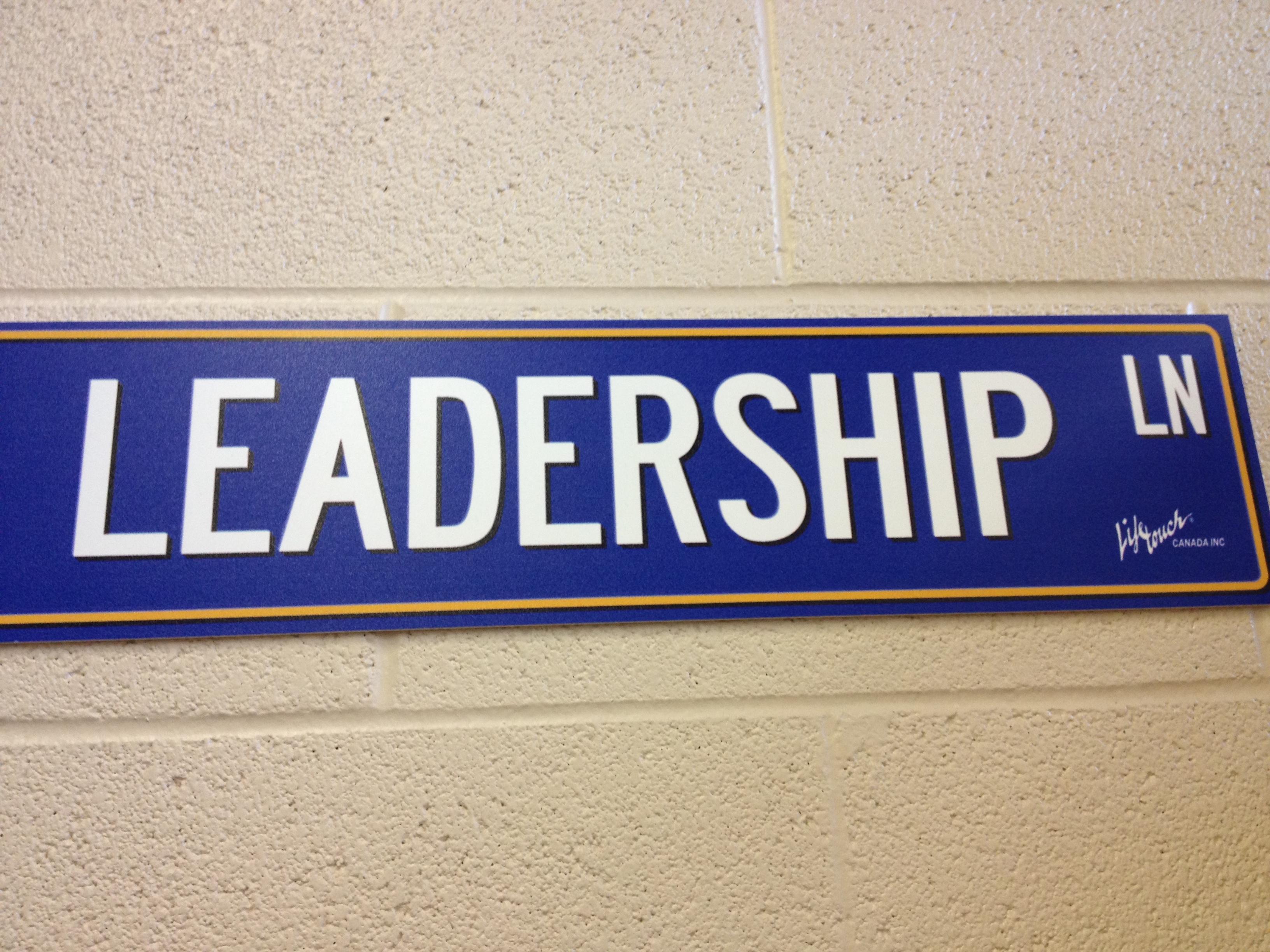Deceit, fraud, regulatory evasions, window dressing: words that have become far too familiar in business news headlines.
The ongoing Volkswagen emissions scandal is the perfect example of disingenuous corporate malpractice that has had far-reaching consequences for the ordinary customer, shareholder, and any other stakeholder directly or indirectly impacted by the actions of a few.
The outrage against the VW Group is coming from all quarters, akin to outcries over child labour in Asia, factory accidents and lack of safety measures, oil spills, irresponsibility and greed in the financial sector, and the list goes on. Yet, company after company, industry after industry keeps us riddled in this vicious circle of harm, followed by reparations until a new harm is imposed (typically by another party) and new reparations are implemented to mitigate the impact of externalities. The wheel keeps turning, and sadly I believe the VW scandal is just another spoke on this wheel, unless the world is ready to review its system of carrots and sticks for corporations, and in particular for the agents (those in the C-suites and in managerial positions), who are supposed to allocate others’ (shareholders’) monies to their most efficient and most effective use.
If we start with the premise that human beings are inherently ethical, then unethical practices must arise out of some combination of situational- and/or organizational-level culture, enticement, expectation, and pressure. Managers have long been incentivized to act in the interest of shareholders through schemes such as stock options and other long-term incentive plans. Increasing market share, lowering costs, increasing revenues and profits are the vehicles through which management receives warm glow from the company’s shareholders and they also form the basis upon which management is seen as efficient and effective, and for which it is rewarded (more than) accordingly. If management does not deliver, then the people in the team get replaced, while receiving a decent severance package (after) having cashed their options when the latter were ‘in the money’. After some time, the people in the team get hired somewhere else or they open their own businesses, even though others may have suffered (sometimes fatally) because of the reckless actions of a few.
Let us take a breather here and recall our starting premise: these people are not inherently bad, nor did they inherently want to cause harm to others. Yet, they CHOSE to act unethically, because they could see the carrot; the stick, on the other hand, is simply not stiff enough to deter people from acting unethically. The question that needs to be posed here is: is society satisfied with this cycle of post-harm reparations, or does society want to think about the origins of capitalism, rethink its ideas about the modern-day corporation, and try to halt this epidemic of unethical business practices? At the root cause of every scandal, be it an oil spill, a factory collapsing, a food inspection mishap, is the desire of management to be most efficient and effective so it can reap the fruits of its actions. Given this state of affairs, one should not be surprised at the consequences of such actions.
In my opinion, fundamental changes are required at a globally-coordinated level to achieve a state of ethical behaviour. Corporations are founded on the premise of limited liability, i.e. individuals are not responsible if some corporate behaviour causes harm to stakeholders. In other words, the company has an identity of its own and can litigate and defend itself. In the case of VW, some members of the Top Management Team (TMT) will probably be prosecuted. However, the biggest loser thus far is still VW: it is this ‘identity’ that has caused harm to consumers and to the environment, and so it shall pay for its actions. As I write this (albeit in a ludicrously simple fashion), I hope to get my message around: a corporation does not exist on its own, rather it is a sum of individuals, and each individual should be accounted for when the corporation meddles in unethical behaviour. I am not calling for retroactive action, but rather for proactive action to serve as a credible deterrence to unethical practices.
I end with a little anecdote. I was just at a major academic conference in strategic management. In one of the sessions on Corporate Social Responsibility, I asked one of the most prominent scholars on the subject about whether he believed in ethics. His response, and I paraphrase: I believe in individual ethics…a corporation is not created on the basis of ethics, and therefore, cannot be expected to act in socially responsible ways…the best we can hope for is that its strategic positioning in terms of its policies, programmes etc. to help stakeholders, are also in the best interests of society at every given point in time. Perhaps Milton Friedman rightly said that the only social responsibility of a company is to increase shareholder value. It cannot be expected to act ethically, because unlike humans it is not predisposed to behave in this manner. It is high time we connect humans to corporations again, for THAT will be in the interest of society.
Notes:
- Featured image credit: Spanish Coches Inside photo credit: CC-BY-2.0
- This article was initially featured on the LSE Business Review and is re-posted with the author’s permission.







This is shame for such a giant company!